Support our work – click here to donate
Want to view the full video?
You need to be an ESO Digital Supporter to view the full content. Please click here for more information, or sign in to your account below if you’re already registered.
Already a supporter? Click here to log in.
Programme
Tchaikovsky arr. Woods String Quartet in E-flat minor
Artists
English String Orchestra
Conductor: Kenneth Woods
– View the Orchestra List here
About this Concert
Tchaikovsky was a composer with a pragmatic outlook to arrangements . Tchaikovsky composed relatively little chamber music, but his First String Quartet yielded a huge hit, the Andante Cantabile, based on a folk song Tchaikovsky had heard while visiting his sister. Tchaikovsky quickly saw the commercial potential of this movement as a stand-alone item when Leo Tolstoy burst into tears at the work’s première: “Probably never in my life have I been so moved by the pride of authorship as when Lev Tolstoy, sitting by me and listening to the Andante of my Quartet, burst into tears.”Tolstoy, for his part, wrote to Tchaikovsky a few days later, ‘Never have I received such acute pleasure in the rewards of my literary works as on that wonderful evening.” That Andante Cantabile has since been arranged and orchestrated for dozens of different combinations of instruments, including one for solo cello and strings by the composer.
Fond as I am of Tchaikovsky’s First String Quartet, I have come to believe he got even better with the two which followed it, and, for whatever reason, his Third String Quartet has had very special place in my heart for many years. Having known of Rudolf Barshai’s fantastic string orchestra versions of Shostakovich’s 8th and 10th String Quartets and Mahler’s orchestrations of quartets by Beethoven and Schubert, I’ve long been fascinated by the possibilities of arranging quartets for larger forces. This work seemed to be a particularly fitting candidate for expansion to string orchestra forces. It is a work of truly symphonic scale which is perhaps closer in spirit to Tchaikovsky’s last three symphonies than to the more delicate world of his other previous two string quartets.
The Third String Quartet is dedicated to the memory of violinist Ferdinand Laub. Laub had been the violinist for the premières of Tchaikovsky’s first two quartets and had died suddenly at the age of 43. The work is in the unusual and exceptionally dark key of E-flat minor.
The first movement begins and ends slowly and tragically. In between comes one of those epic Tchaikovsky-an music dramas that he seemed to do better than anyone, in which almost the whole human experience is embraced with desperate intensity. There is joy and desperation, tragedy and ecstasy. The second movement is a complete contrast, a mercurial, playful Scherzo, full of rhythmic surprises. The third movement, described by Tchaikovksy as “funebre e doloroso” (“funereal and painful”) is the part of the work in which Laub’s loss is most poignantly mourned.
Finally, as he had in the Fourth Symphony, the work closest to this one in spirit, Tchaikovsky shakes off the tragic mood all at once and finishes the work with an exuberant and uplifting Finale. Once all the tears have been shed and the grief poured out, life goes on.
© Kenneth Woods
Production Information
Recorded at Wyastone Concert Hall, Monmouth, 12th-13th July 2020.
Producer: Phil Rowlands
Videographer: Tim Burton
Orchestra Manager: Andy Farquharson / The Music Agency
Stage Manager: Simon Brittlebank / The Music Agency

